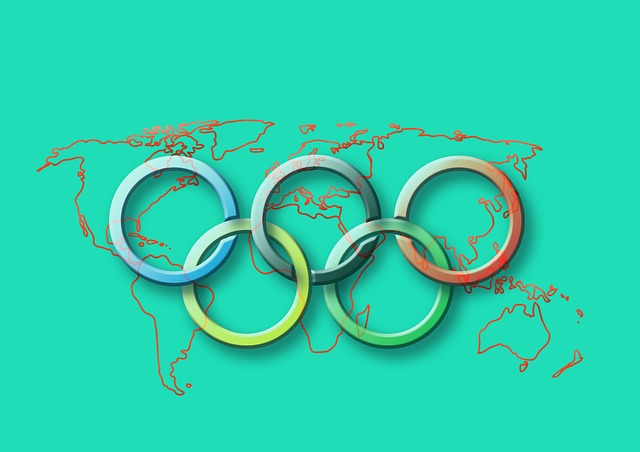What is it that you love about the Olympics? The action could be the main thing but if you knew the story behind the world’s greatest event, then you would be better placed to enjoy the whole thing than everyone else.

- The original ancient Olympic Games were dedicated to the Olympian gods (especially Zeus and Hera) and held in Olympia, in southern Greece. The first games are believed to have been held in 776 BC. During this time, Jeroboam was king of the northern kingdom of Israel and Azariah was king of Judah (2 Kings 15:1). It was the era of the prophet Jonah and about a year before the birth of the prophet Isaiah.
- The original games continued for almost 12 centuries, until about AD 393. It’s often claimed that the Roman emperor Theodosius I abolished the games. But if so, it was likely only indirectly. Theodosius issued a series of edicts that abolished pagan holidays, closed pagan temples, and made Nicene Christianity the official state church of the Roman Empire. These decrees affected almost every aspect of Greek pagan culture—a culture with which Olympic Games were closely associated.
Sourced from: https://www.thegospelcoalition.org/article/9-things-you-should-know-about-the-olympic-games
The Olympic torch gets its flame from the strong rays of the sun. This has been the case for centuries. The flame is getting hotter this year not through flames but through the Olympic committee’s decision to have refugees compete in the global event.
The flame of the Olympic torch is kindled using the rays of the sun, in front of the Temple of Hera, in Olympia, Greece—just as it was almost 2,800 years ago. Back then, the fire starters were Greek priestesses; today, they’re actresses dressed as historic Greek priestesses. But just as they did in ancient days, they employ a concave mirror to summon the power of Helios.
About 12,000 torchbearers will ferry the torch around Brazil. On average, each one will cover about 200 meters, traversing approximately 20,000 kilometers of Brazilian roads in total. The flame will also be flown over roughly 16,000 kilometers of the less-navigable northern and midwestern regions of the country.
For the first time, refugees who have fled their countries will be allowed to compete. Team Refugee Olympic Athletes, as the group will be called, will be treated as any other Olympic team. Up to 10 athletes will be selected from 43 contenders, and they’ll compete under the Olympic flag and Olympic anthem.
Sourced from: http://www.ralphlauren.com/teamusa/things-you-didnt-know-about-the-olympic-games?ab=en_US_OLYMPIC_Feature_slot_6_Explore
Who are usually the first to arrive? Well who else but the white, red and blue. The Americans were the first to land in Rio. Their leader being the fishman, Michael Phelps. It is important also to recall Olympics finest moments which audiences all over the world won’t forget.
Since the United States is Estados Unidos da America in Brazil’s native language of Portuguese, Team USA — led by Michael Phelps — made its entrance a little before the midway point in the parade of athletes.
Not every American was there, as some opted to save their legs for upcoming competition. Notably absent were the women’s soccer and women’s gymnastics teams, both looking to defend gold medals from London.
Gisele’s final strut
Dressed in a shimmering gown from controversial designer Alexandre Herchcovitch, Brazil native Gisele Bundchen sashayed across the Maracana Stadium to The Girl From Ipanema in what was her swan song as a runway model.
Lighting the caldron
Cordeiro de Lima, a marathon bronze medalist at Athens, got the honor of closing the Olympic torch relay.
De Lima endeared himself to the world at the 2004 Games when he didn’t let a race-spoiling interference get him down.
Brazilian soccer legend Pele declined the role due to his failing health.
Sourced from: http://www.usatoday.com/story/sports/olympics/rio-2016/2016/08/06/5-things-you-should-know-olympic-opening-ceremony/88330248/